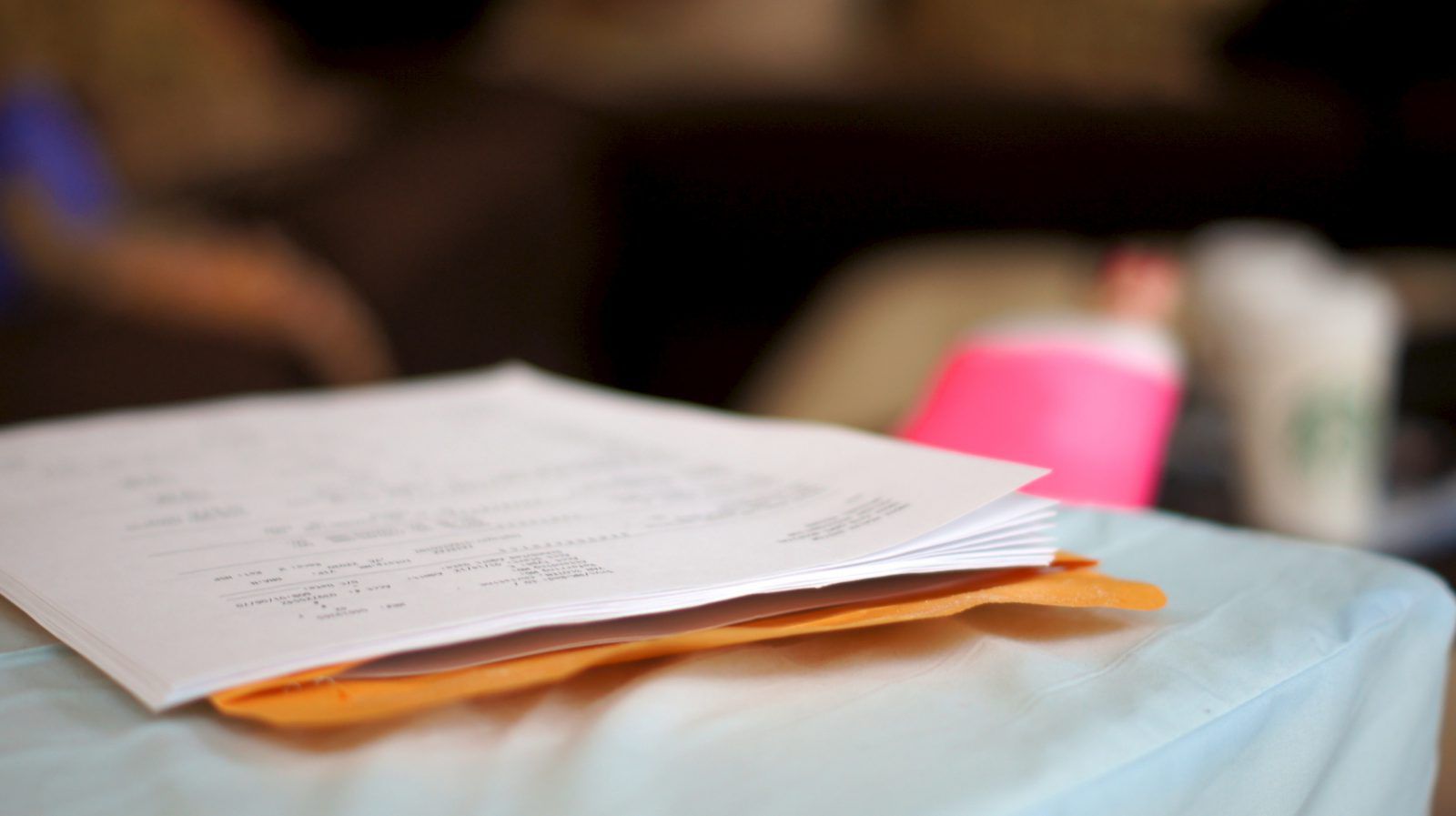
One Berlin startup wants to make sharing your data as easy as sharing your money
By Oscar Lopez for QZ.com
When digital currency bitcoin took the world by storm a few years ago, blockchain, the technology behind it, was heralded as the future of financial transactions. By removing the middle-man, in bitcoin’s case a bank, blockchain transactions occur peer-to-peer. The open, decentralized network means every transaction is recorded, and must be approved by every other node in the network. That makes transactions more transparent, and more secure. It’s sort of like playing Monopoly, but instead of choosing one person to be the banker, everyone is, and no property can be bought or sold without all players agreeing on the validity and terms of the sale. Plus, all sales are recorded and cannot be amended or deleted.
In the wake of bitcoin’s rise, the financial implications of blockchain were quickly realized: Users can transfer money securely without having to go through a bank. But blockchain technology has applications far beyond finance, says Shermin Voshmgir, founder of the Blockchain Hub, a network of independent hubs across Europe that promotes the use of blockchain tech to decentralize the internet.
One startup hoping to realize that potential is Berlin-based Jolocom. Instead of using blockchain to securely store and transfer currency (as with bitcoin), Jolocom wants to use the technology to store and transfer data, making data transactions more efficient and secure.
“We are trying to give access to knowledge, knowledge that’s hidden behind walls,” says Jolocom founder Joachim Lohkamp.
Jolocom is developing an application that will allow users to share personal information through a secure and decentralized blockchain network. A user’s personal information is tied to them through an individual Web ID generated by the app, allowing them to share information directly with other others in the network. “It’s an extension of hyperlinking,” says Lohkamp. “But instead of linking documents or webpages, you’re linking data.”
Say, for example, you wanted to open a new bank account. Instead of going to the bank in person to fill out paperwork and provide different forms of identification, you could just connect to the bank through the Jolocom app. The bank would then request the necessary information, and, with your approval, the data would be automatically transferred to create your account.
The same could happen at the doctor’s office: Instead of filling out endless forms every time you see a new doctor, imagine simply transferring the necessary data to them through Jolocom, and receiving information (for example, test results) back through the app as well. Because blockchain records each of these information transactions, and requires that they be verified across the encrypted network, they ultimately form legal blocks of accountability—as secure and accurate as those pesky paper files.
Decentralization also has security benefits. Unlike a Google or Facebook, which store user data on their own centralized servers, Lohkamp wants Jolocom to store user data across a variety of servers in small encrypted packages, accessible only with the correct Web ID. That way, if one server is compromised (say your computer is stolen), it doesn’t matter—each bit of information only makes sense when part of the whole.
“We’re so used to thinking that data has to be centralized,” says Voshmgir. “But that idea is reminiscent of the 60s, when computers were standalone. Blockchain is the first step to decentralizing the internet, to living in a very different world where all the questions about big data and trusted third parties become irrelevant.”
While the Jolocom app isn’t yet available—Lohkamp hopes to have a prototype by the end of the year—the startup is already in talks with companies like Philips over its potential use in the health sector. Jolocom has also joined AGILE, a project funded by the European Union’s Research & Innovation program to explore the Internet of Things.
“We’re only just beginning,” says Voshmgir. “It’s not about blockchain. It’s about what you can do with it.”
First appeared at QZ





